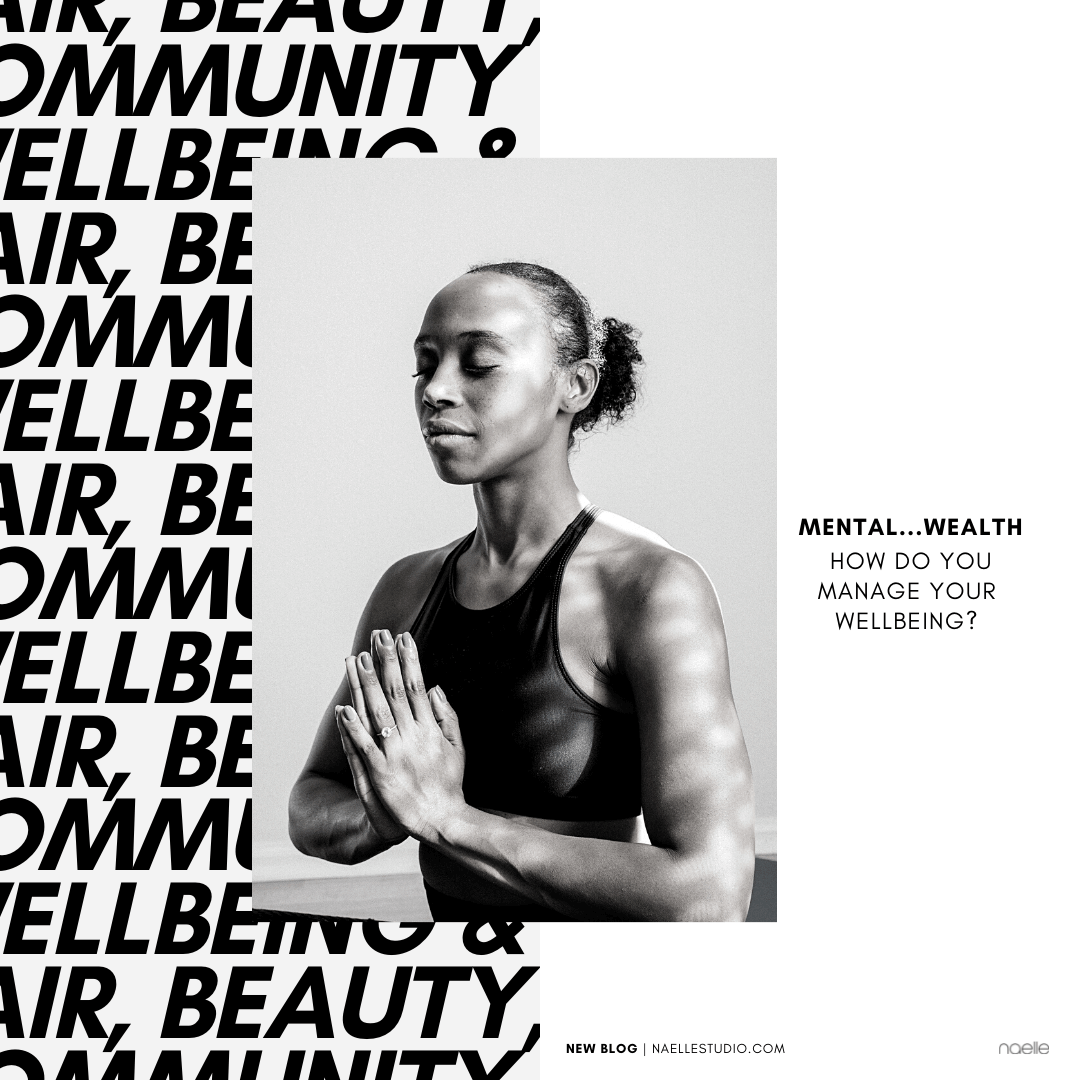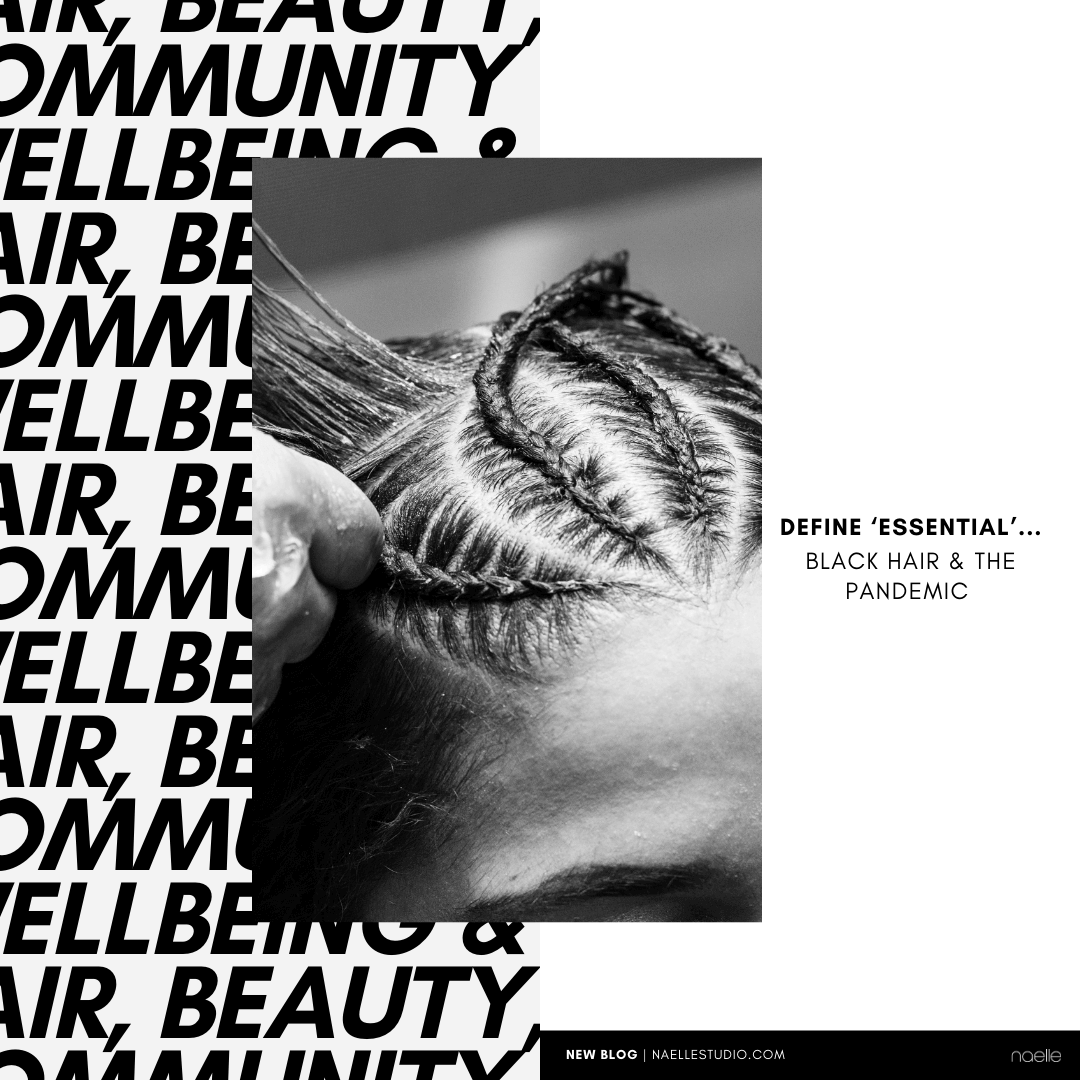
Mental...Wealth
They say health is wealth and so knowing how to manage your general mental wellbeing is more important than we may realise.
Understanding Mental Health?
Mental health and wellbeing has become a focal point with regards to raising awareness and social responsibility only over the last few years. We hear the term often and this month is in fact dedicated to the cause, but what is it? Do we really know what this is?
Mental health is a positive concept related to the social and emotional wellbeing of individuals and communities.
Mental health is influenced by several biological, psychological, social and environmental factors which interact in complex ways. These include:
- Structural factors such as safe living environments, employment, education, freedom from discrimination and violence, and access to economic resources
- Community factors such as a positive sense of belonging, community connectedness, activities to highlight and embrace diversity, social support, and participation in society
- Individual factors such as the ability to manage thoughts and cope with stressors and having communication and social skills to support connection with others.
How Are You Feeling?
With all the above factors , let us also look at the past 14 months and everything we have all had to endure globally, with an almost apocalyptic turn of events for all and a series of traumatic incidents and crimes we have collectively witnessed ,how are you doing? How are you feeling? Do you have coping mechanisms already in place for when you may be feeling a little overwhelmed?
According to mind.org.uk did you know that those affected by menta health problems the mist in the UK are the following?
- People who identify as LGBTIQ+. LGBTIQ+ people are between 2–3 times more likely than heterosexual people to report having a mental health problem in England .
- Black or Black British people. 23% of Black or Black British people will experience a common mental health problem in any given week. This compares to 17% of White British people .
- Young women aged 16-24. Over a quarter (26%) of young women aged between 16–24 years old report having a common mental health problem in any given week. This compares to 17% of adults. And this number has been going up [1].
- Around 40% of people in England who have overlapping problems including homelessness, substance misuse and contact with the criminal justice system in any given year also have a mental health problem [2]. (This is sometimes called facing ‘multiple disadvantage’.)
It's important to know that your identity does not give you mental health problems. Causes of mental health problems can be very complicated. Higher risk for these groups is linked to several factors as mentioned earlier.
Building Mental Wealth
With all the stats above, what are the actual figures for those receiving treatment to manage this?
Well according to mind.org.uk
- Approximately only 1 in 8 adults with a mental health problem are currently getting any kind of treatment.
- The most common treatment offered is psychiatric medication
How do we manage and nurture our mental wellbeing?
Everymind.org.au have some great tips including:
- Get enough sleep and rest. Sleep affects our physical and mental health, but can be the first thing we trade in when we get busy or stressed.
- Take time out for things you enjoy. Balance in life is important, so taking time out for things you enjoy can make a difference to how you think and feel.
- Be active and eat well. Our physical and mental health is closely linked, so adding exercise and nutritious food every day can make us feel better.
- Nurture relationships and connect with others. Our connection to others is what builds us up and keeps us strong.
- Learn to manage stress. If you have trouble winding down or managing thoughts you may find relaxation, yoga or writing your feelings down helpful.
- Get involved and join in. Being part of a group with common interests provides a sense of belonging so find out about sporting, music, volunteer or community groups locally.
- Build your confidence. Learning improves your mental fitness and taking on a new challenge can build confidence and give you a sense of achievement.
- Be comfortable in your own skin. Everyone is unique and should be celebrated. Know who you are and what makes you happy.
- Set realistic goals and deal with tasks one at a time. It is good to be specific when you set a goal to help keep you on track.
- Reach out for help when you need it. Everyone needs support from time to time. Talking to a family member, a friend, your doctor or one of the many services available can make all the difference.
Did you know that Naelle Founders, Shamele Cato and Natalie Royer are actual qualified Mental Health First Aiders ?
Wellbeing is the crux of what we do here at Naelle and so simply selling products that make you look great was never going to be enough for us.
A wellbeing hub is what we truly encompass as a brand and your wellness is our top priority. We have section on our website; ‘Need To talk’, specifically created for those times where you may just be feeling a bit ‘meh’ or overwhelmed.
As qualified Mental Health First Aiders this means:
|
|
|
|
|
Being a Mental Health First Aider doesn’t mean we are Doctors by any means but we are here to help provide a slight release if you will, to someone who may need it.
We are impartial and pass no judgement, we are just here to listen and advise where we can.
Feel free to get in contact via the contact link below, schedule time or start a live chat with us.







Leave a comment
This site is protected by hCaptcha and the hCaptcha Privacy Policy and Terms of Service apply.